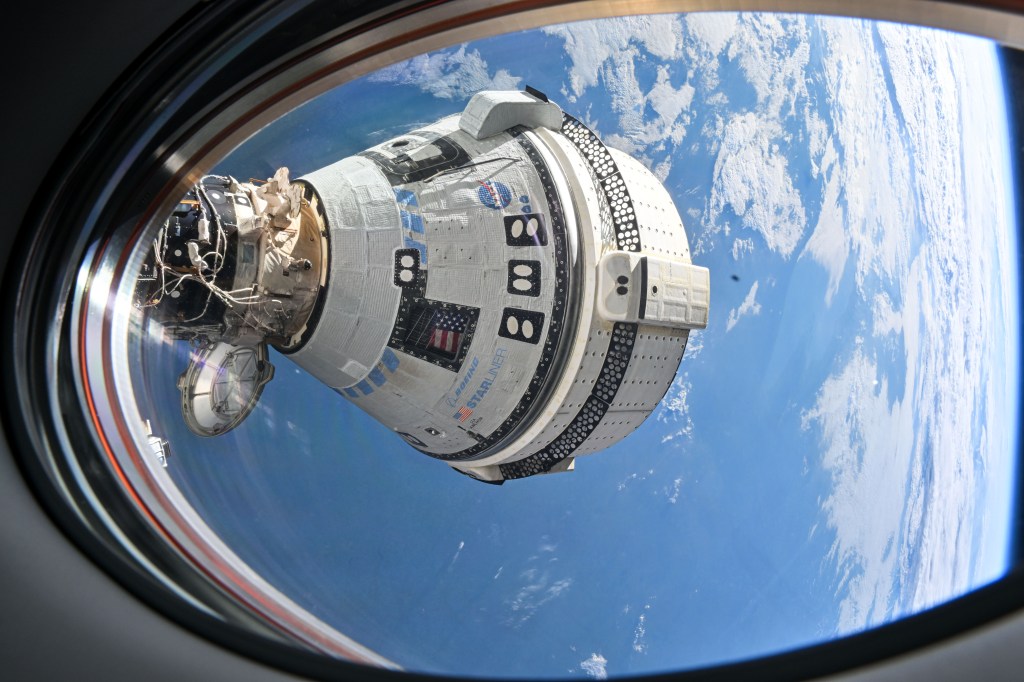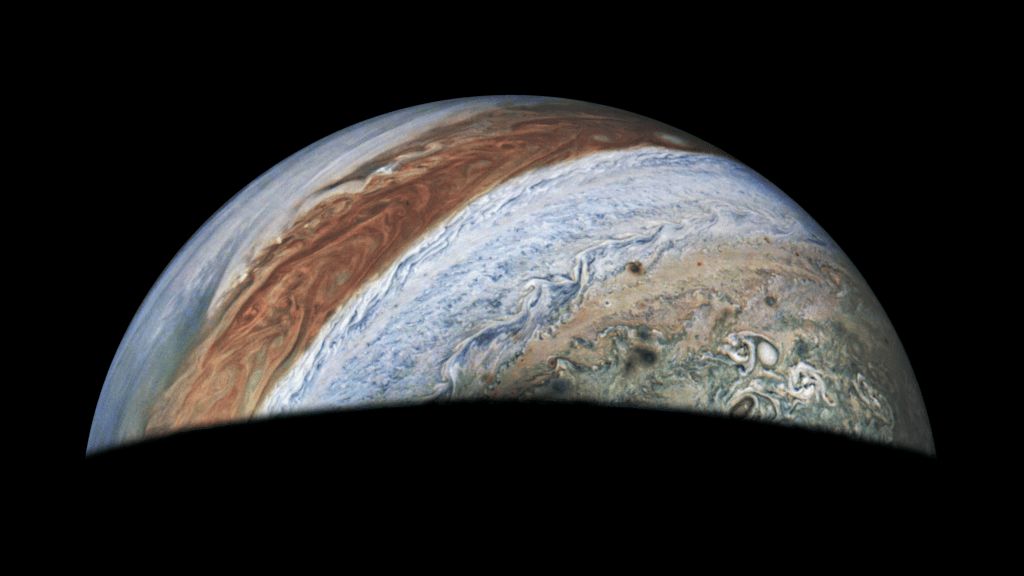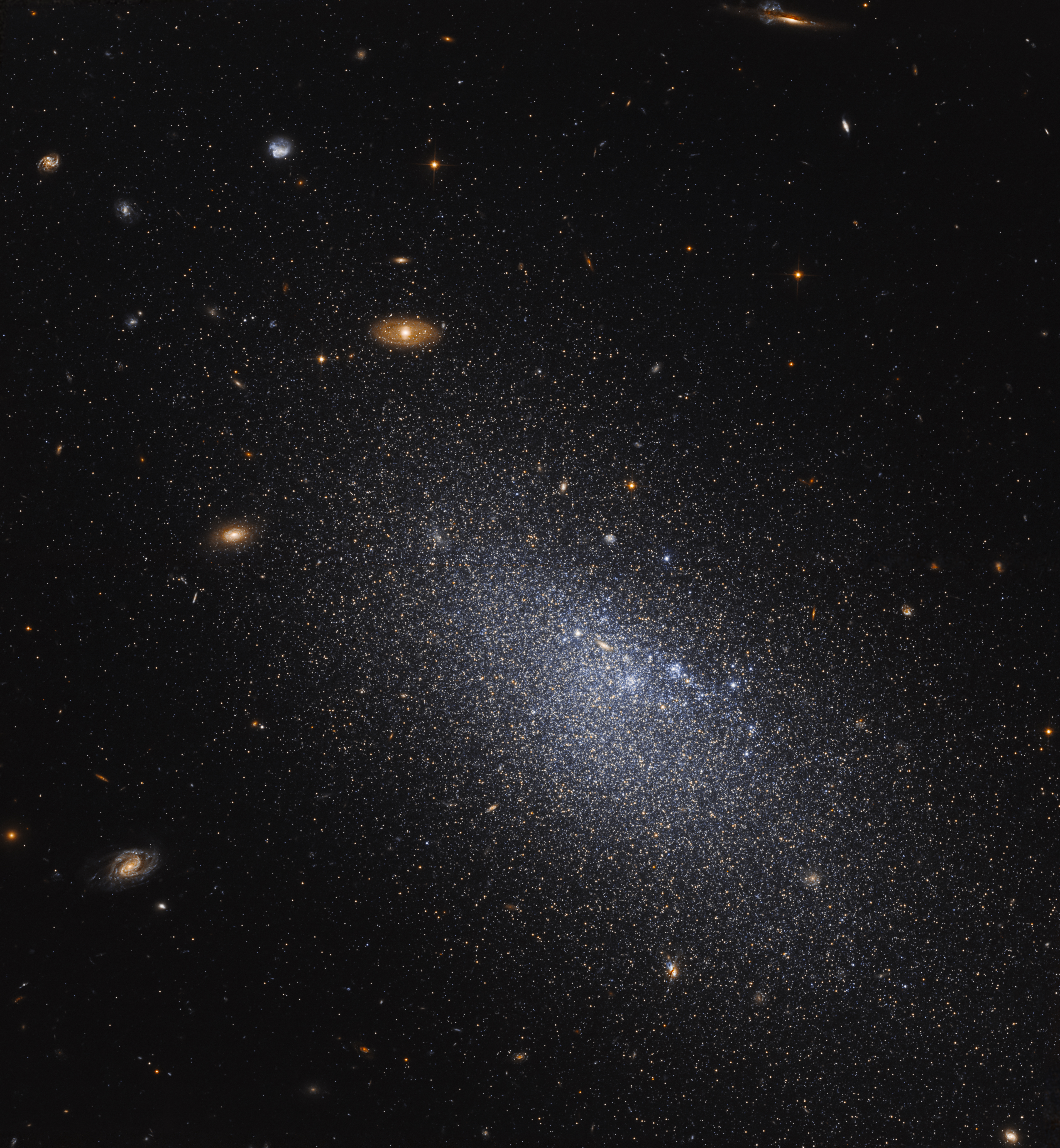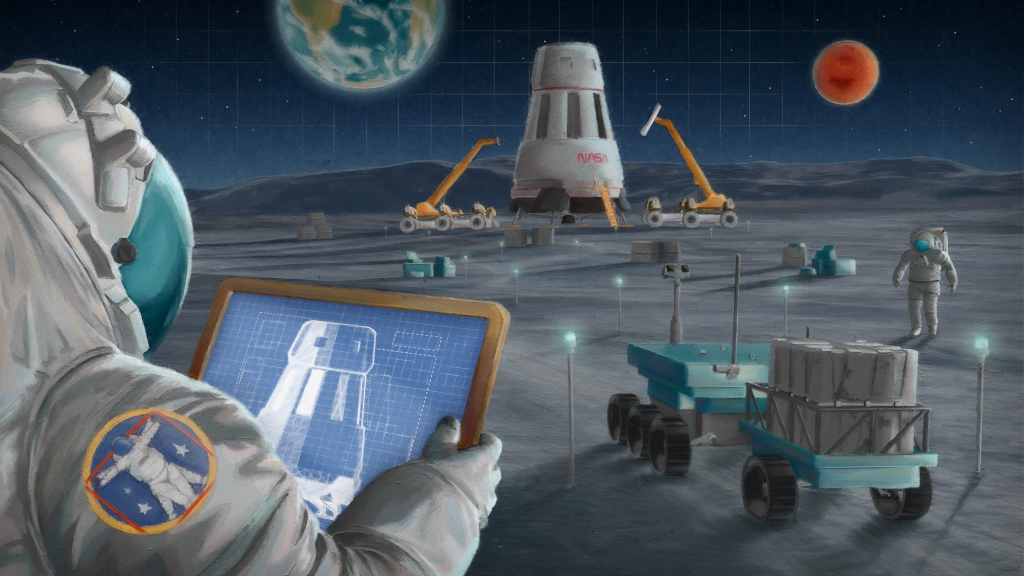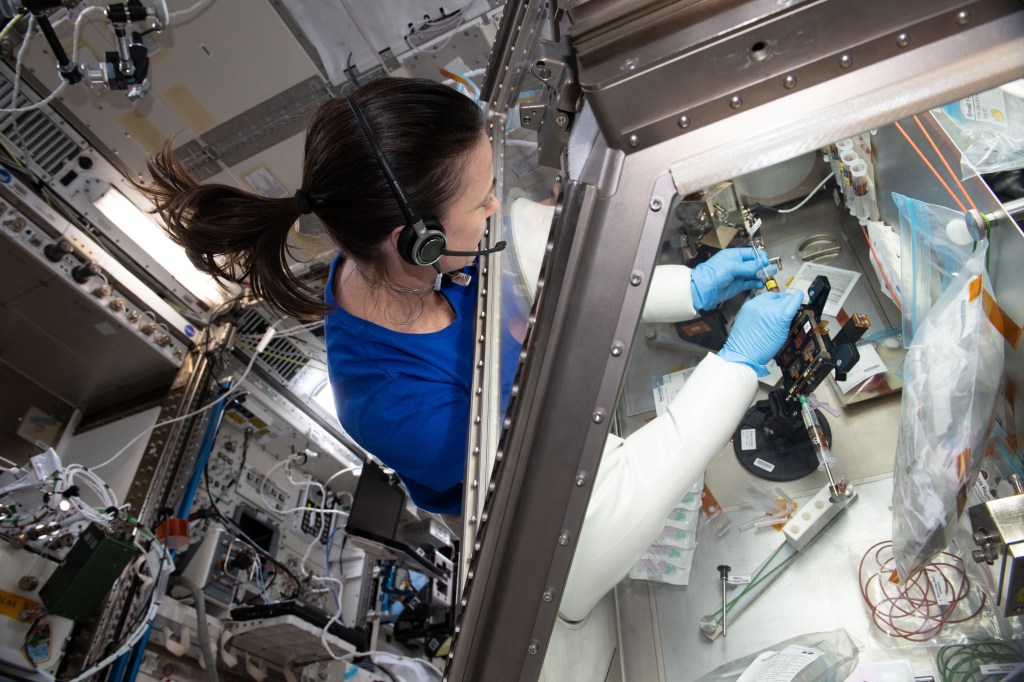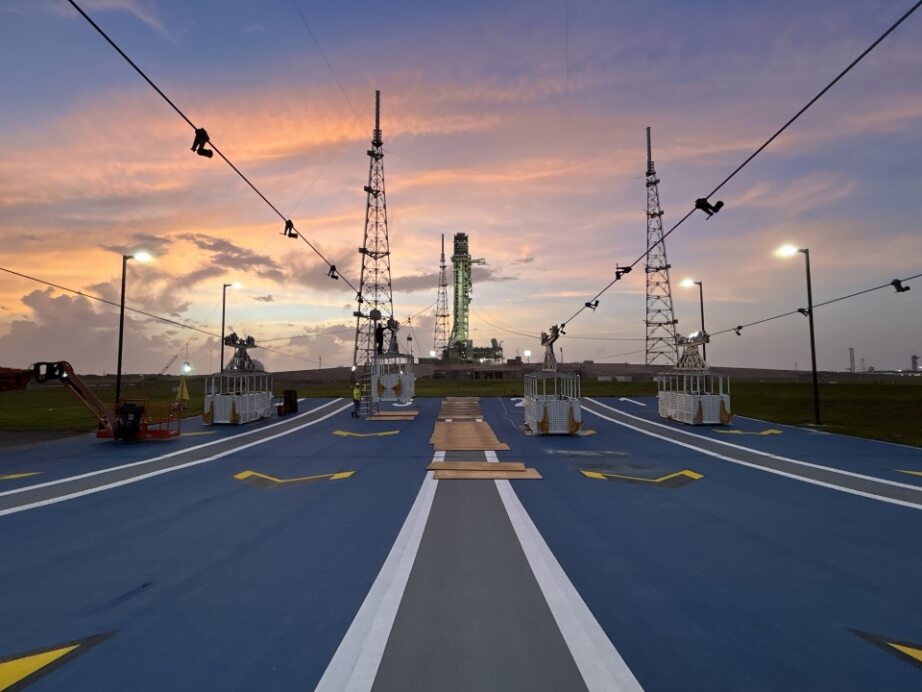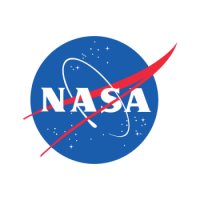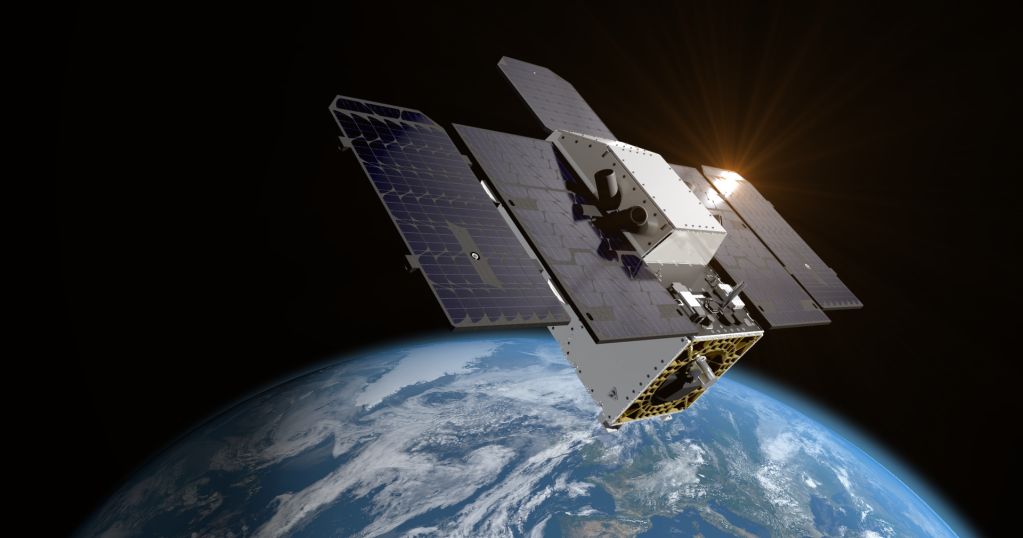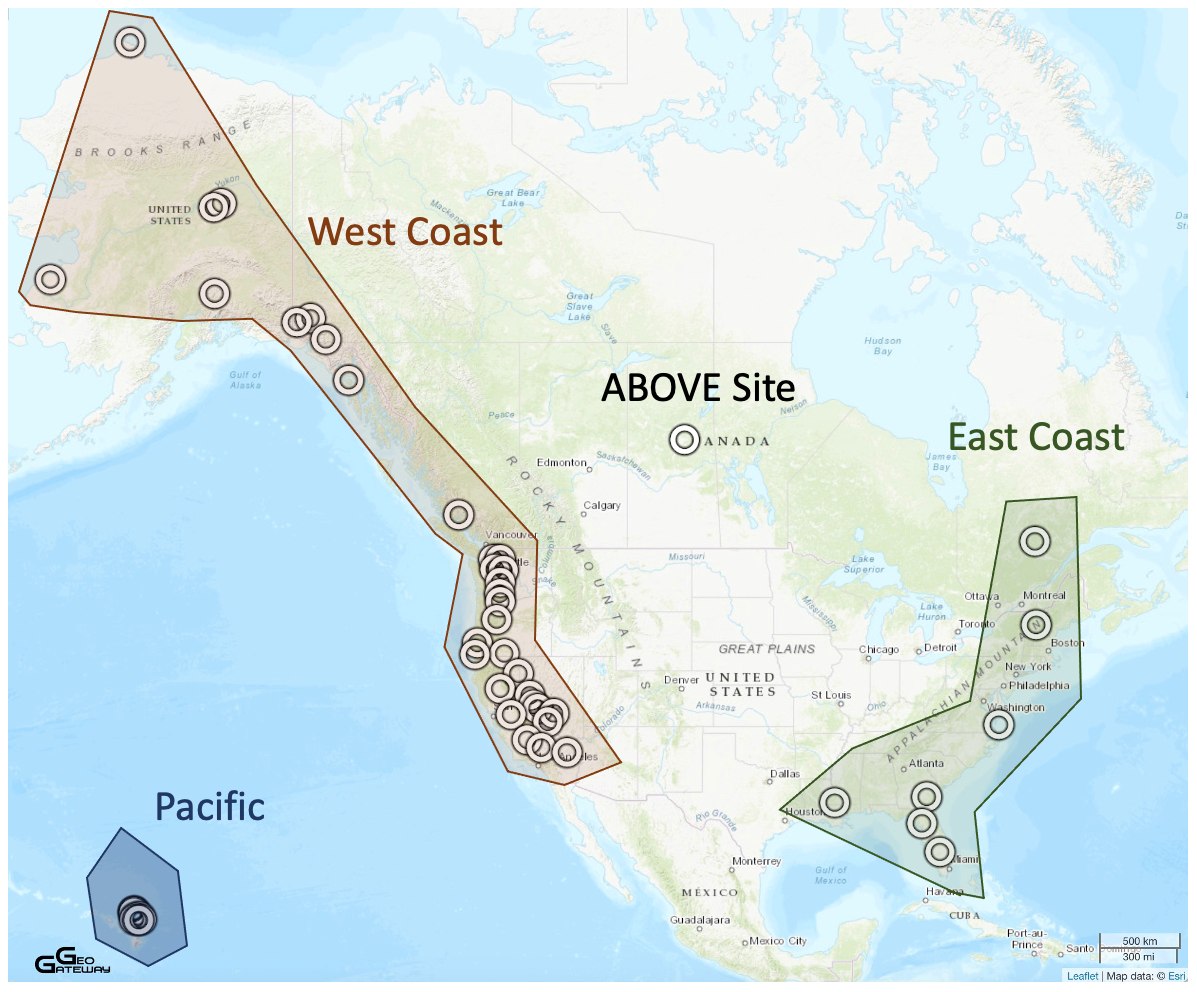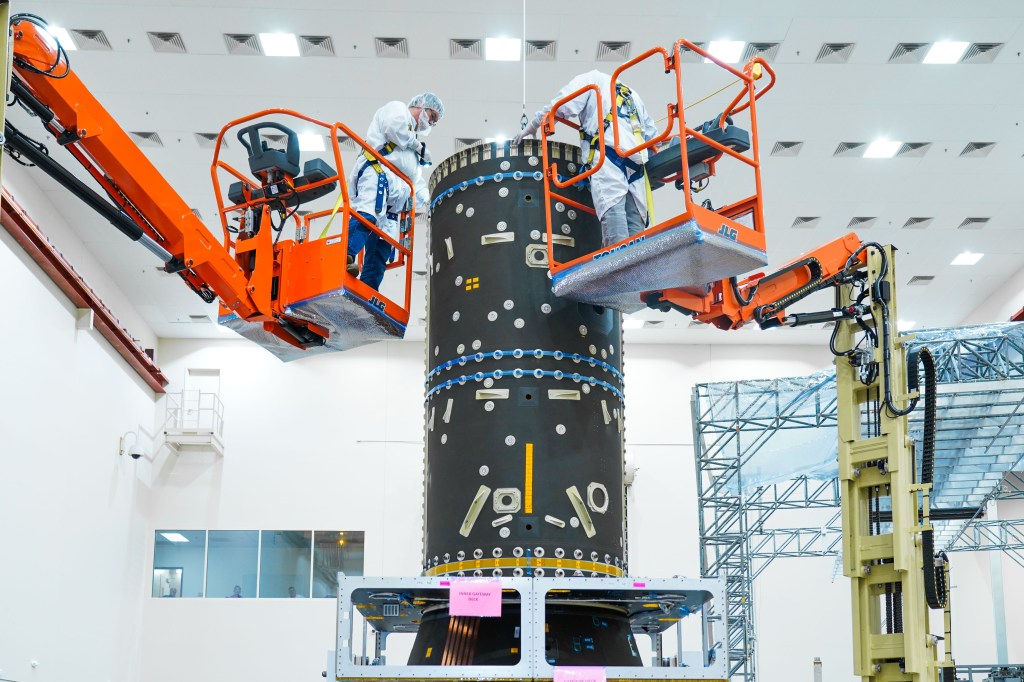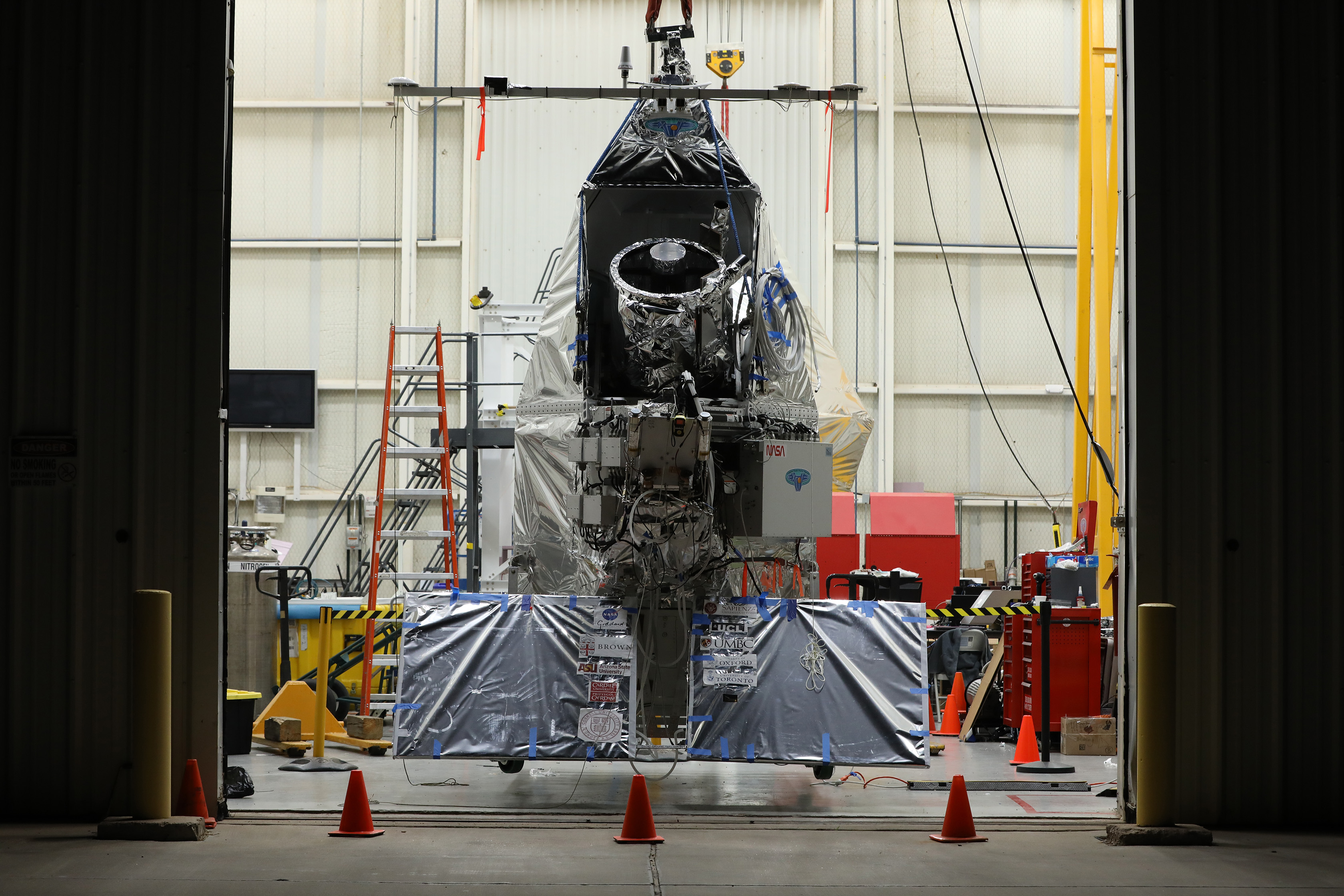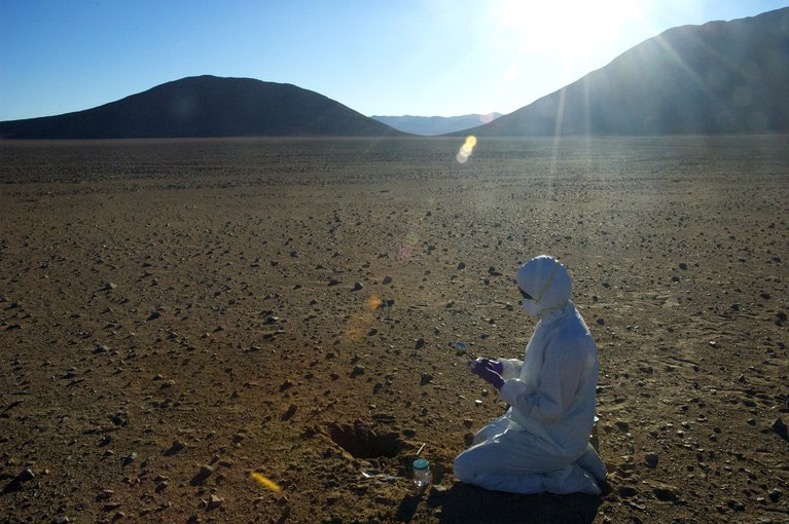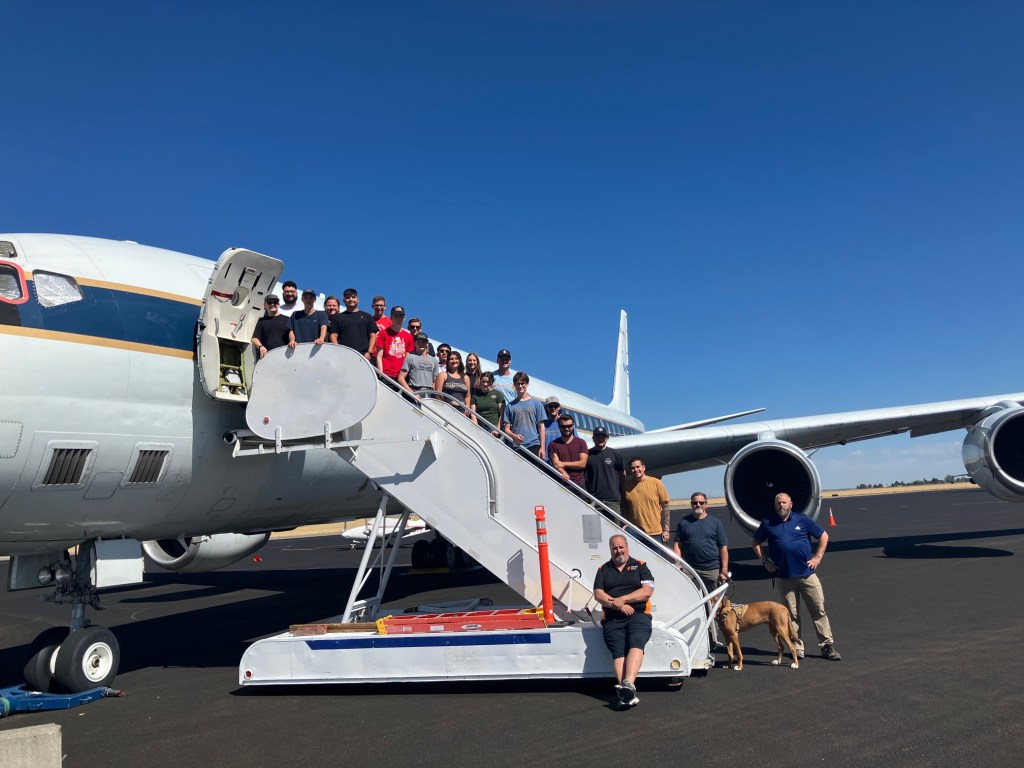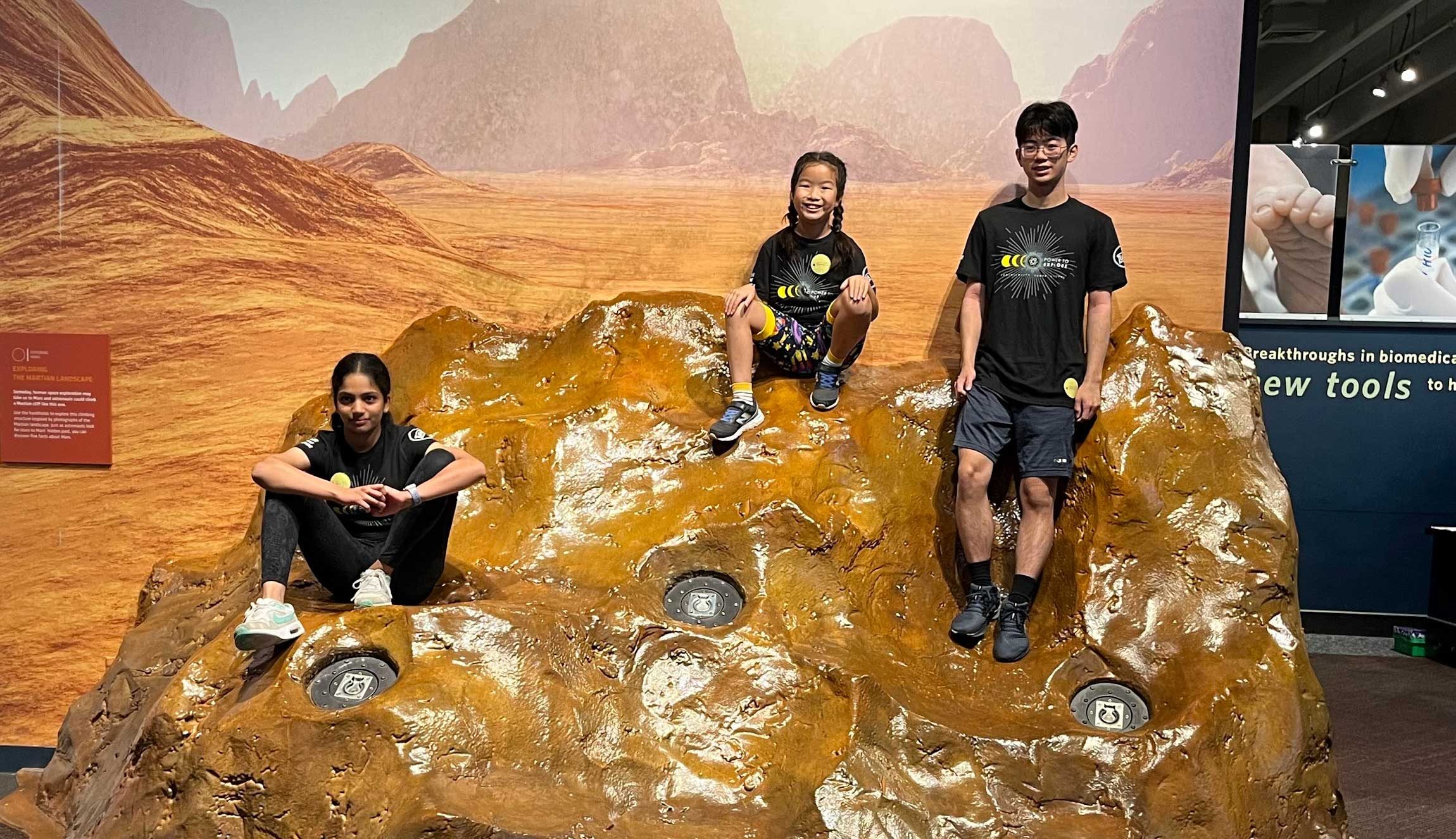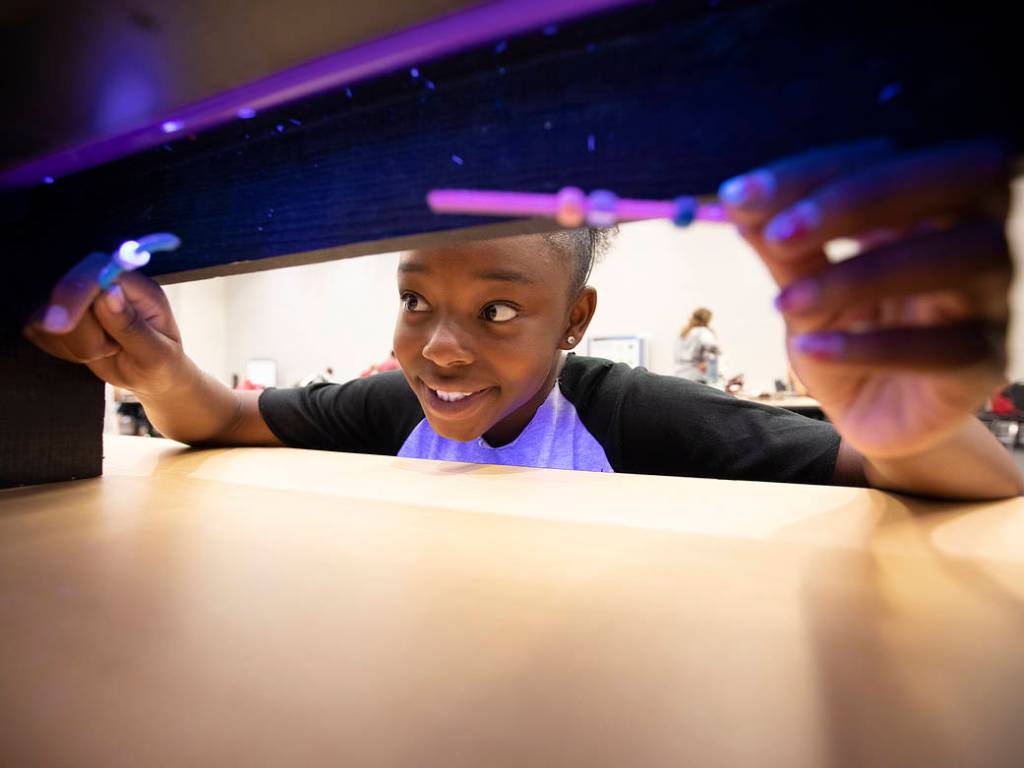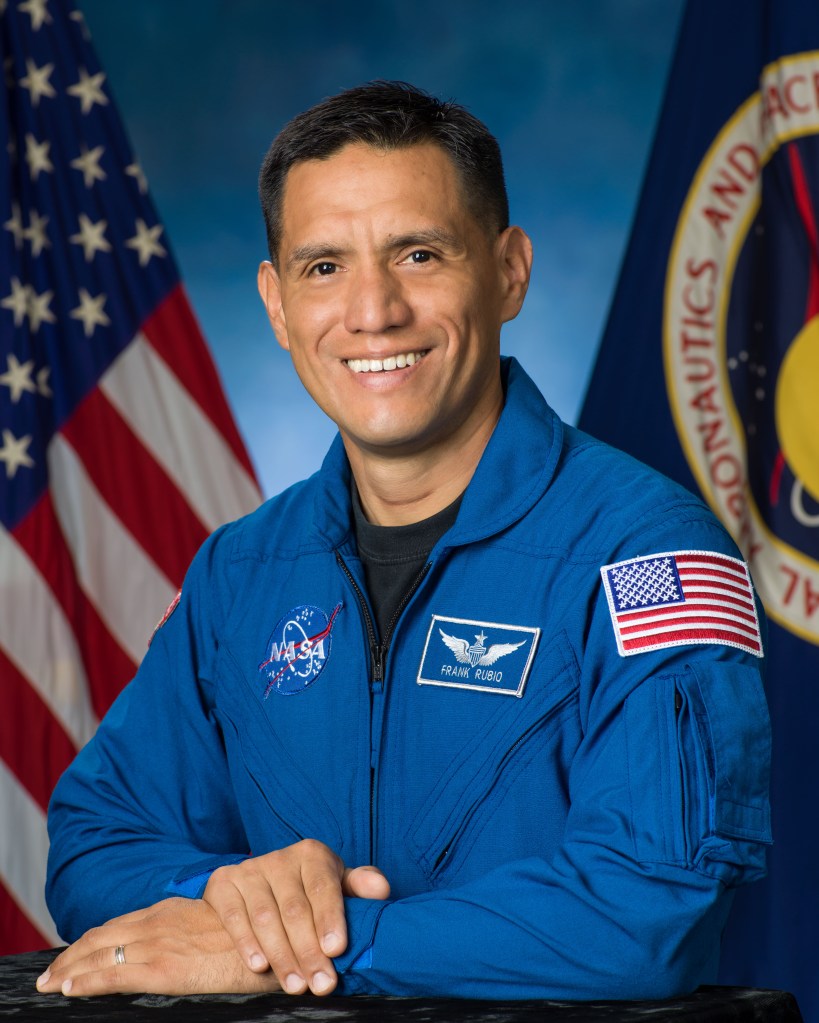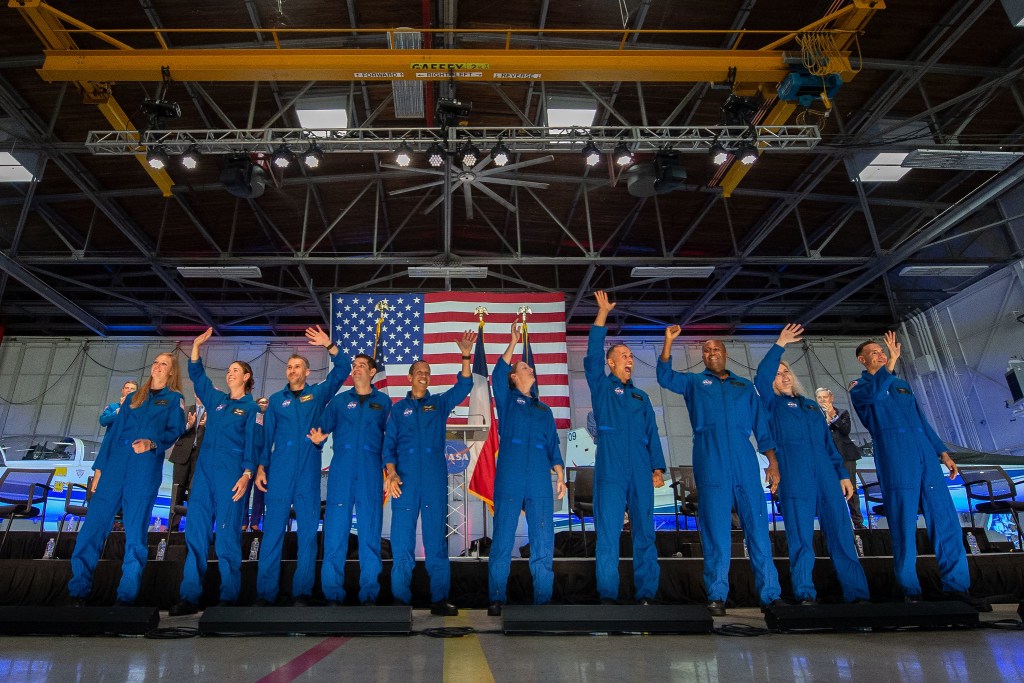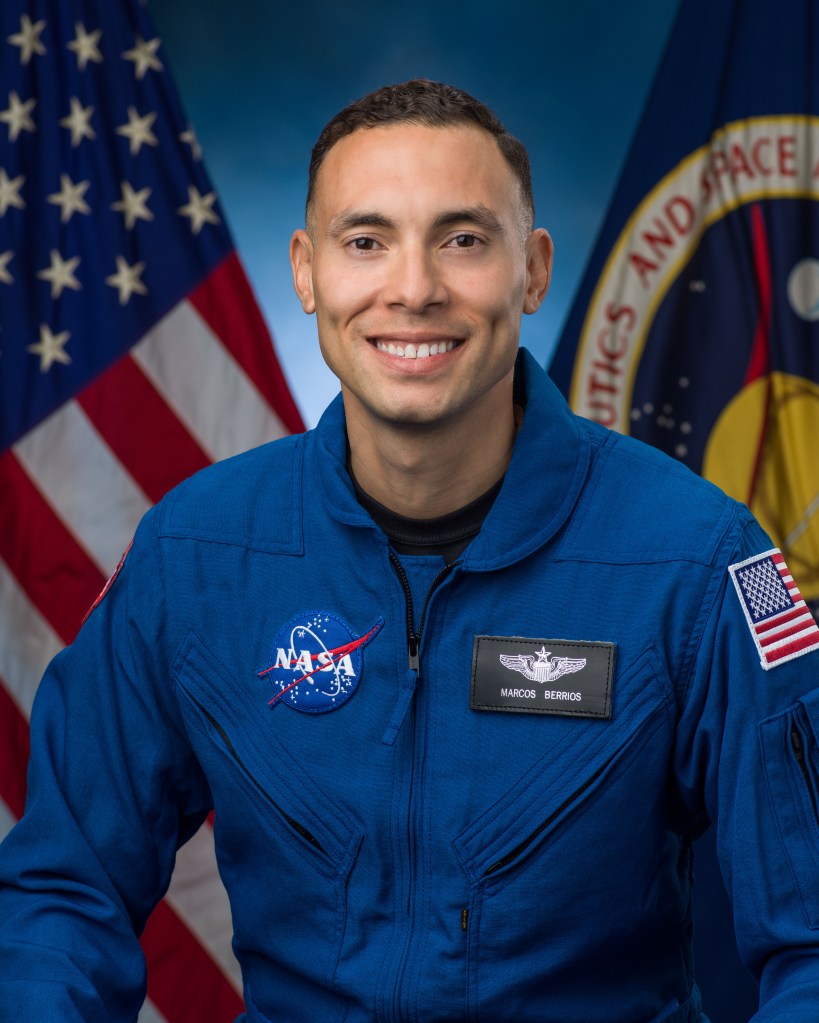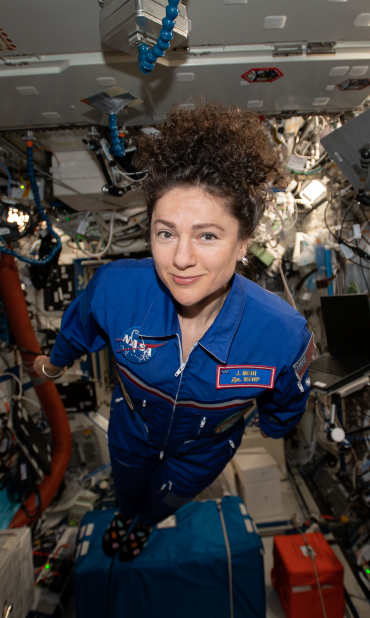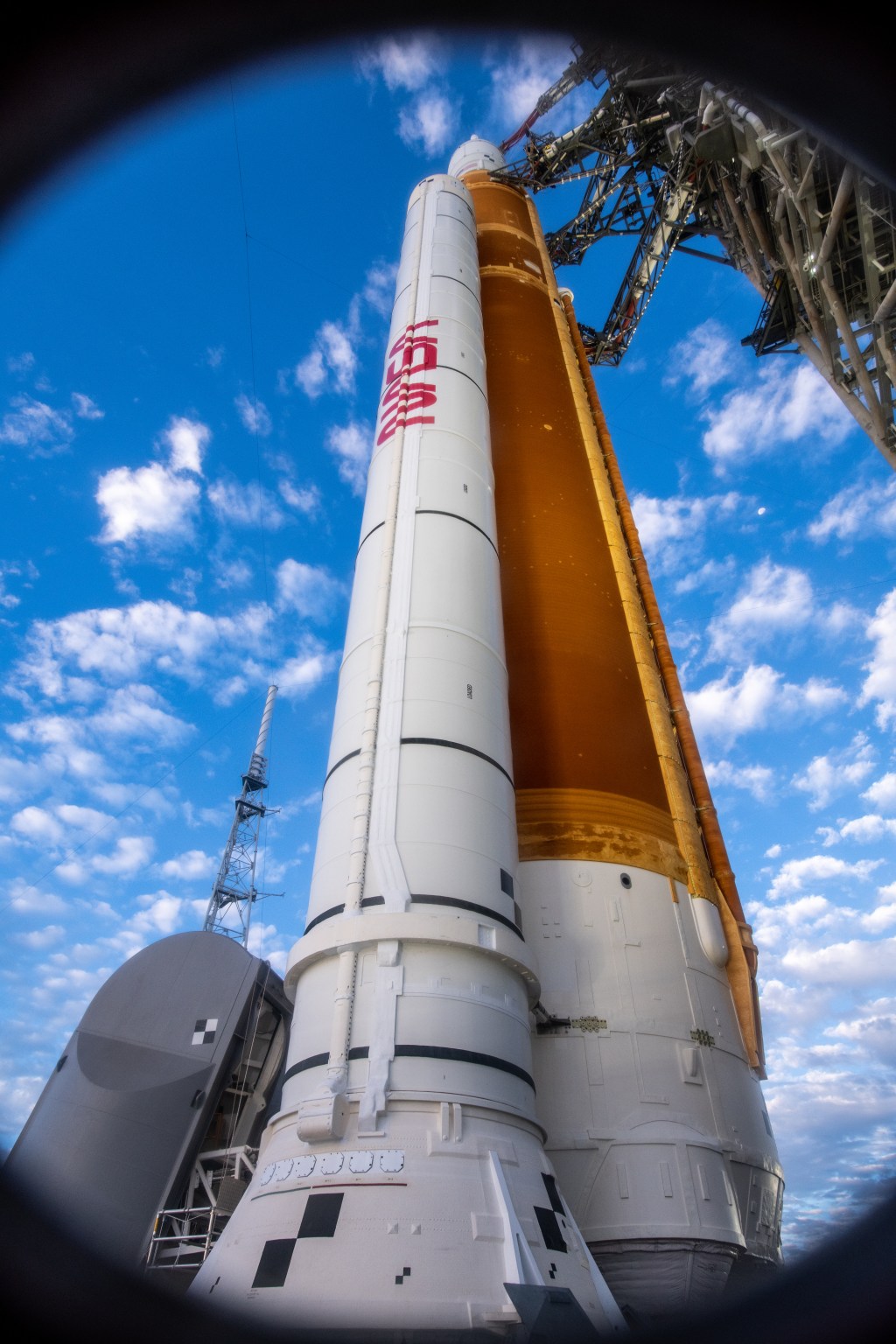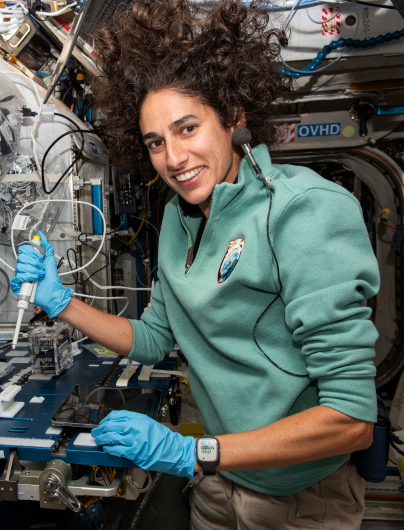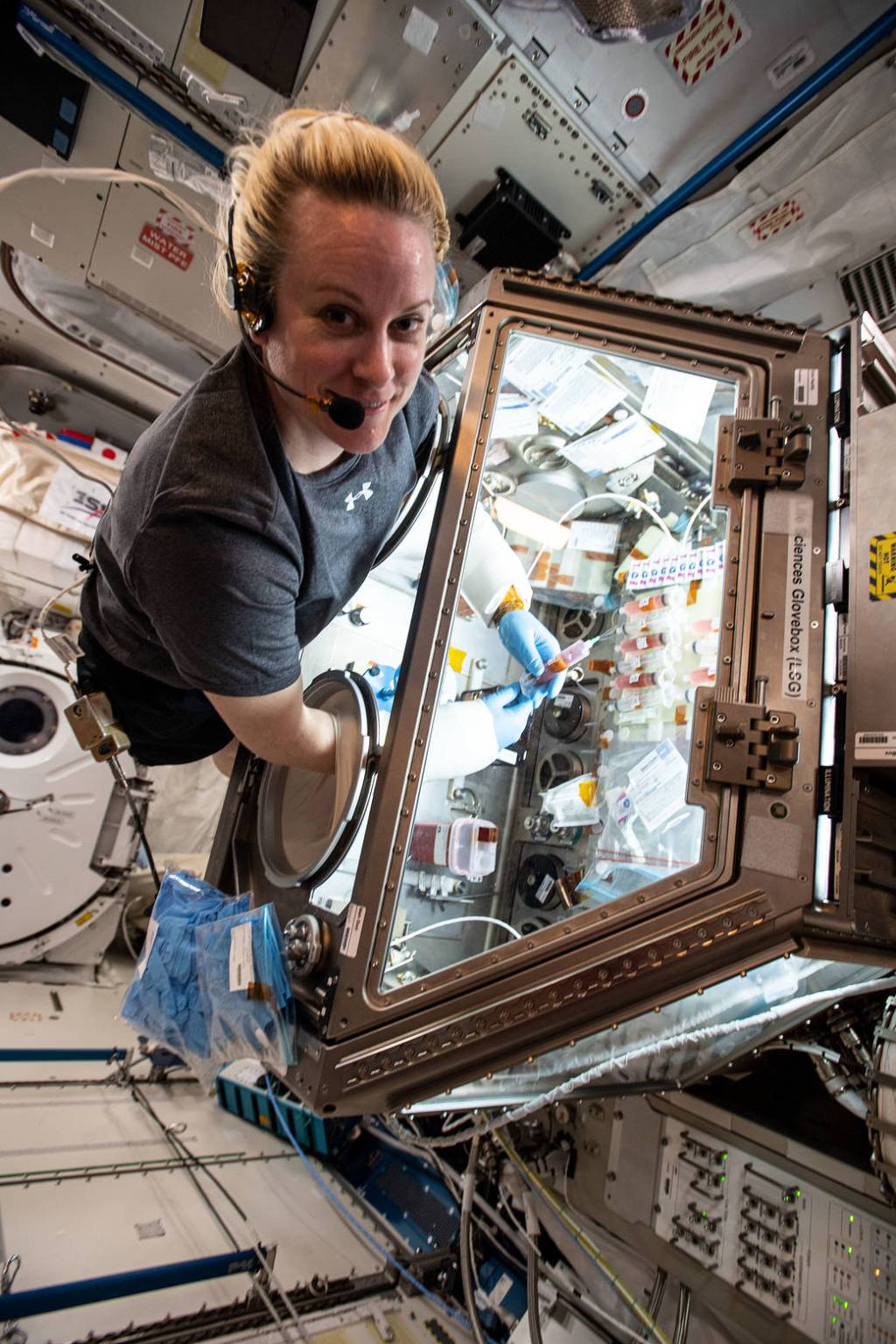NASA’s Human Research Program (HRP) collaborates with groups outside NASA to address the health risks of human spaceflight. One collaboration is a cooperative agreement called the Translational Research Institute for Space Health (TRISH), a consortium led by Baylor College of Medicine with the California Institute of Technology in Pasadena and the Massachusetts Institute of Technology in Cambridge.
TRISH funds scientific studies and technologies to help keep astronauts safe and healthy on deep space missions to the Moon, Mars, and beyond. To thrive in deep space, crew members will need solutions to problems like access to food and medicine, neurocognitive changes, radiation exposure, and other stressors. To overcome these obstacles, TRISH seeks to:
- Work with HRP to develop risk-reduction strategies for astronauts on long space journeys with potential Earth-based applications.
- Create opportunities for organizations in the private and public sectors to collaborate on delivering solutions for spaceflight-associated human health and performance risks.
- Offer training and professional development for scientists, postdoctoral fellows, or physicians seeking to apply their expertise to NASA’s mission.
TRISH brings to NASA the power, flexibility, and broad scope of rigorous academic inquiry. In turn, NASA provides platforms, funding, and other opportunities to test recommended research. Together, NASA and TRISH work to solve fundamental questions about how spaceflight influences human health and how human health can be made better through science in space.
TRISH Science Initiatives
TRISH is working closely with HRP to accomplish the following:
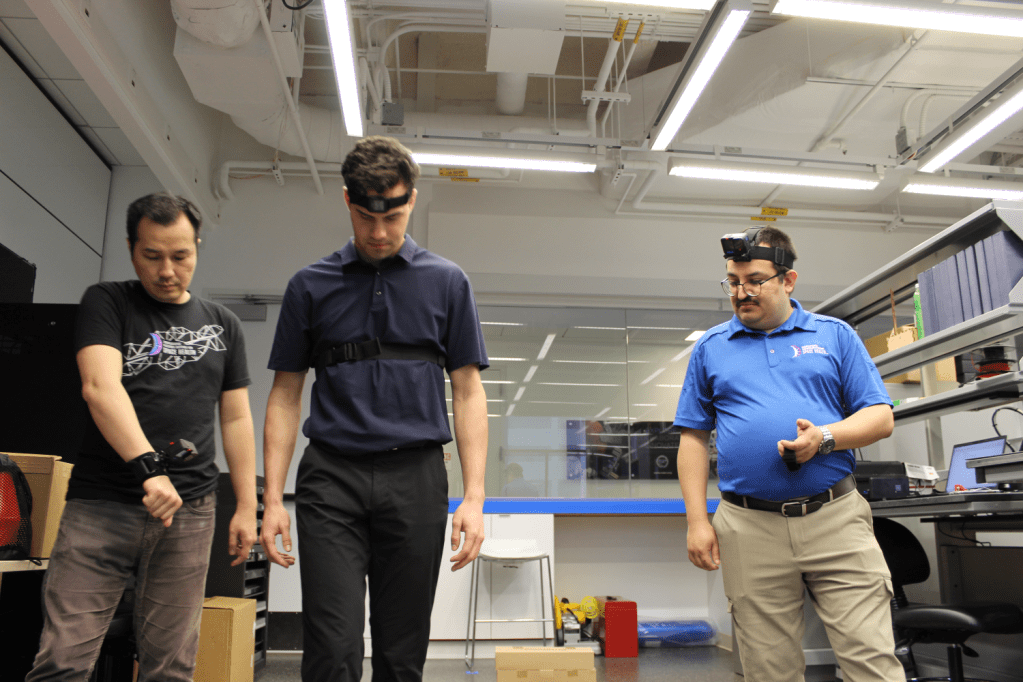
Advancing Commercial Space Health Research
The Enhancing Exploration Platforms and Analog Definition Program (EXPAND) works with commercial spaceflight providers and their passengers to collect biomedical data before, during, and after spaceflight. This information is curated in TRISH’s EXPAND database, which provides select researchers access to biological samples and data.
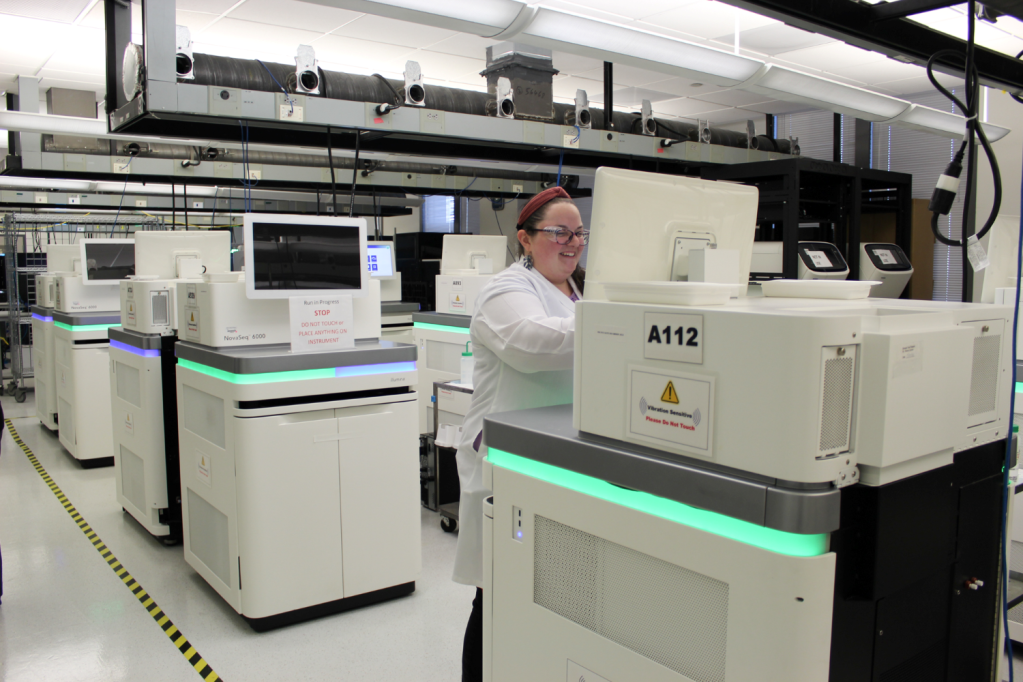
Medical System Architecture
TRISH is developing a health and research data management platform, known as the Human and Environmental Research Matrix for Exploration of Space (HERMES). HERMES aims to provide astronauts with the health information they need to make informed medical decisions on distant missions from Earth.
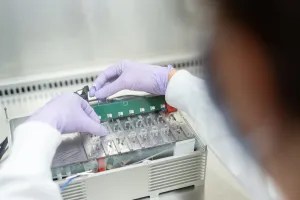
Tissue Chips
TRISH is accelerating its use of human microphysiological systems, or tissue chips, to study long-duration exposures to deep space radiation as part of its Science Enterprise to Inform Exploration Limits (SENTINEL) program. Tissue chips enable researchers to grow cells and tissues outside of the human body and characterize the biological effects of deep space exposure.

